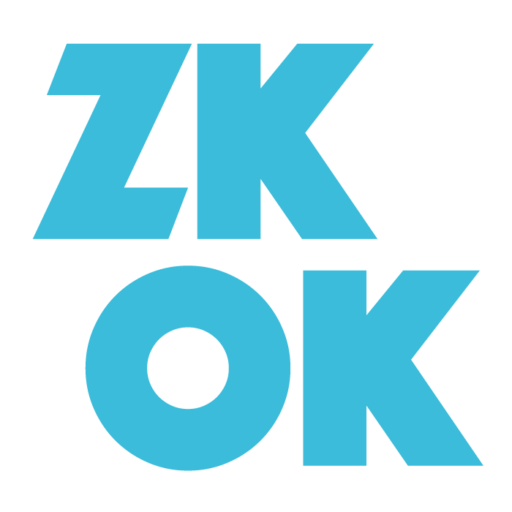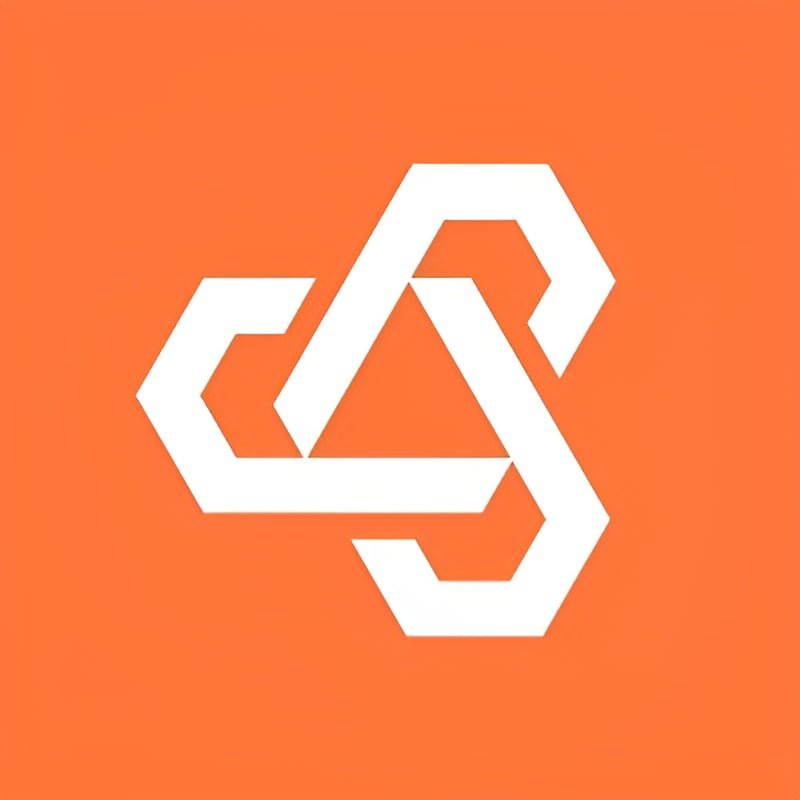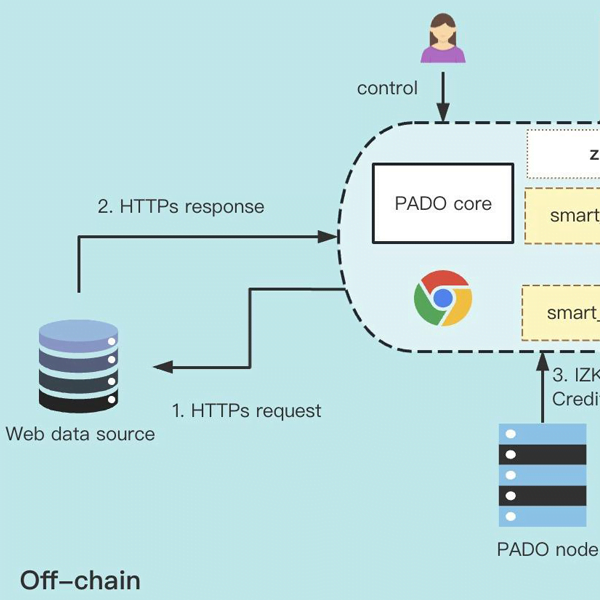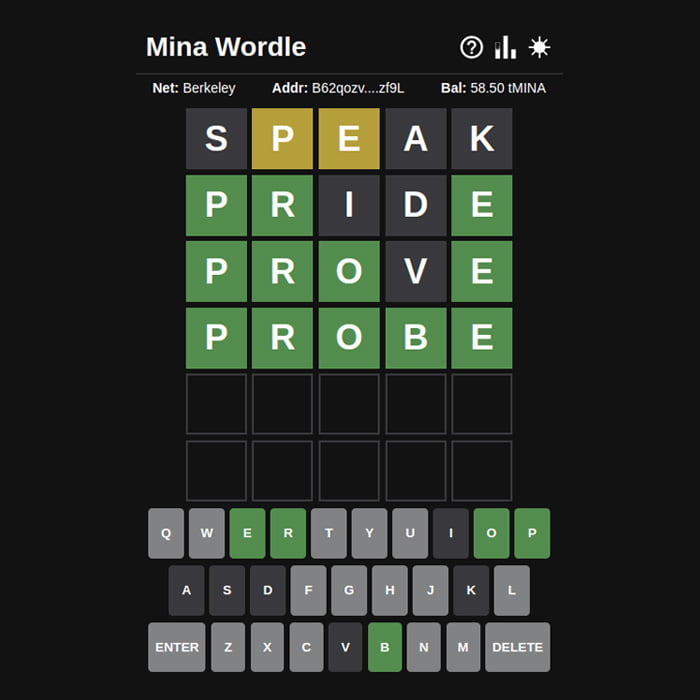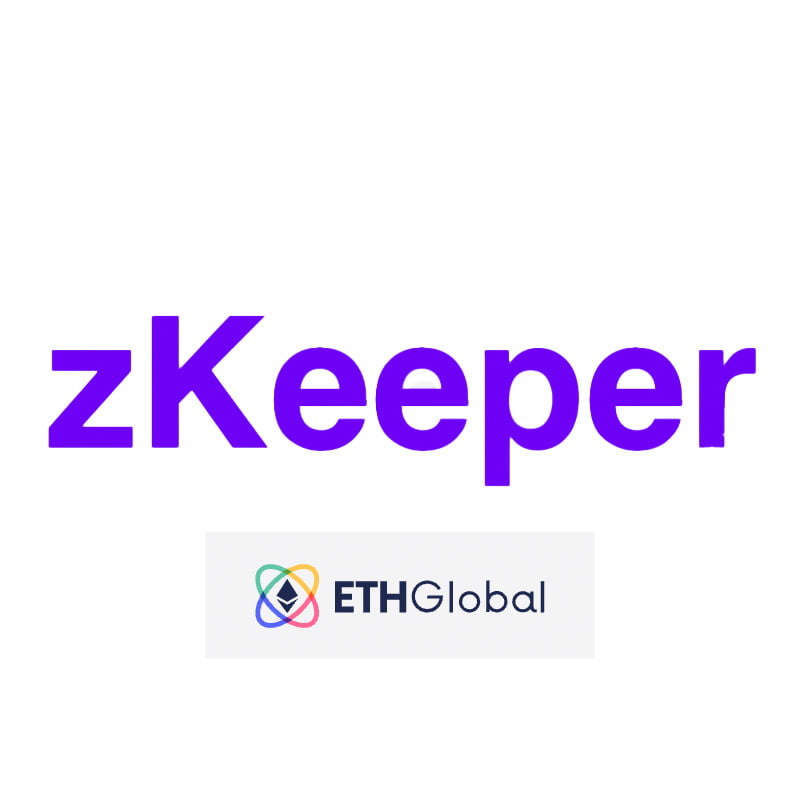Please note all zkApps are curently WIP or POC's.
Please note all zkApps are currently WIP or POC's.

zkLocus
zkLocus


You need to login in order to like this zkApp: click here
zkLocus is a pioneering Zero-Knowledge, cross-chain, and off-chain application, offering a disruptive paradigm in private and verifiable geolocation sharing. It allows users to authenticate their presence in specific geographical areas without revealing exact coordinates. For example, a user can prove they are within the European Union without disclosing their precise location. Additionally, zkLocus provides the flexibility for users to share precise coordinates when desired, with the option for semi-private sharing with selected entities.
Functioning as both an application and a framework, zkLocus is built on recursive zkSNARKs, making it inherently open to customization and extension. This architecture enables users to easily introduce custom geolocation sources. For instance, a business could integrate its own location tracking system into zkLocus for enhanced logistics management. The platform also supports arbitrary geographical assertions, offering diverse applications in various domains.
A key aspect of zkLocus is its ability to bring geolocation data onto the blockchain in a decentralized, verifiable manner. zkLocus offers native bridging. While it operates natively on the Mina Blockchain, its compatibility extends to Ethereum, Cardano, and any other smart-contract blockchain. This cross-chain functionality allows for the independent, on-chain verification of ZK proofs generated by zkLocus. For example, a supply chain application on Ethereum can use zkLocus to verify the location of goods without relying on a centralized system. This data can then be utilized in the associated smart contract logic in arbitrary ways. If a set of goods fails to be in a certain geographical area by a certain time, then the responsible counterparty pays a penalty. Individual good tracking is also possible. For example, when purchasing goods from a company, it is possible to verify that those goods have never transacted with a sanctioned nation, thus making this trade compliant with the law. Throughout all of this process, the exact location or the path taken by the good is never shared. This allows each business to utilize any data sharing and storing policy that they desire. The policy can be trivially integrated into the existing infrastructure, the company’s compliance policy, and the law.
zkLocus offers native roll-up functionality. This means that zkLocus proofs can be used with other zkLocus proofs, and combine multiple proofs together. In this sense zkLocus is its own “Layer 2”. Moreover, zkLocus proofs can be submitted on-chain by any entity. This enables for a mesh integration, and an infinite set of decentralized “mempools”. This is enabled by the application’s infinite proof compression capability, thanks to its recursive zkSNARK architecture. Users can condense extensive location records into a single proof. For instance, a user could compile a week’s worth of location data into one proof for verification, choosing to share either detailed coordinates or just a general area presence. For instance, consider a user who tracks their location every second on their iPhone over the course of a week, accumulating a total of 604,800 individual location records.
Utilizing zkLocus, they can consolidate all these discrete proofs into a single, comprehensive proof. This consolidated proof encapsulates a week’s worth of data and can be transmitted to any third-party for verification. The user retains complete control over the granularity of the information shared. They have the option to disclose the exact coordinates and timestamps for each of the 604,800 records, offering a detailed chronicle of their movements. Alternatively, the user can opt for a more generalized proof, simply verifying their presence within a broader geographical region. For example, they might choose to validate that throughout the entire week, they remained within the borders of Germany, while deliberately omitting specific details about their precise locations within the country. This flexibility allows for tailored privacy levels, catering to the user’s needs for either detailed disclosure or broader area verification. A “user” here can be a human, an application running on the iPhone, an automated drone, a Raspberry Pi inside of a truck transporting goods, or any other programmable entity.
Bringing geolcoation on-chain with zkLocus enables a myriad of use-cases in the DeFi space. It allows for the creation of financial derivatives, whose value is tied to geolocation For example, an ERC-20 that charges a different fee or tax, based on the location where it was utilised. This enables a currency that is taxed more outside of the country that has created that currency, creating incentives for it to transacted with domestic businesses.
The applications of zkLocus extend beyond blockchain and the mere sharing of verified locations. zkLocus pioneers the construction of digital-era legal frameworks, leveraging its decentralized, transparent, portable, and tamper-proof nature. These attributes make zkLocus proofs exceptionally suited for legal applications. An example of such application is the integration of zkLocus with AI models and automated systems, such as a drone purchased in Germany. Incorporating zkLocus into the drone’s software can restrict its operational and recording capabilities to specified geographic zones. This enables enforceable digital laws applicable to autonomous entities, including A.I. systems like Large Language Models. Such an approach not only enhances user privacy but also ensures adherence to legal statutes without infringing on the liberties of citizens. For instance, should a dispute arise where a user is accused of recording in a prohibited area, zkLocus provides a robust defense. The user can trivially refute such claims by presenting the zkLocus location proof, intrinsically linked to the drone’s media.
Owing to the nature of zkLocus’s zero-knowledge proofs, they find versatile applications across various platforms, from blockchain and traditional Web2 environments to IoT devices and more, bridging the gap between technology and legal compliance.
zkLocus has an intuitive JavaScript API, and it can be installed directly from npm. This means zkLocus runs anywhere where JavaScript runs. This means that zkLocus’ has native web browser compatibly, including on mobile devices like iPhones and Androids. This enables an easy and flexible integration into existing the web infrastructure. A practical application is for websites needing to comply with GDPR; a user can prove they are outside the EU, negating the need for cookie consent dialogs without revealing their actual location. The proof does not expose the user’s exact location, thus not compromizing their privacy. At the same time, the business has the removed complexity of storing the data and complying with GDPR. In fact, such an application for the cookie policy would likely not even be even subject to GDPR, as the information stored is very broad.
From a practical perspective, here is how zkLocus can be integrated into any business for a variety of use-cases with extreme ease:
1. The business defines a custom GeoLocation Oracle. This could be something as simple as exposing a RESTful HTTP endpoint which returns the coordinates for the request. The code determining the coordinates of the request can be implemented in any programming language, and utilize arbitrary logic. For example, it could be a web service implemented in Java, which internally performs API requests, and consults a MySQL database in order to provide an answer.
2. A Zero-Knowledge circuit that reads data from that Oracle and returns the geographical coordinates is implemented. This takes a couple of lines of code.
3. An entry point of geographical coordinates from the custom oracle source is defined in zkLocus.
In merely three steps, a business has successfully implemented a custom geolocation source and has enabled zkLocus to support proofs derived from this source. Consequently, the business is now capable of generating verified geolocation zero-knowledge proofs, which they can utilize for a variety of purposes. These applications include storing the proofs in a MongoDB database for legal compliance, bridging them onto the Ethereum blockchain for integration in their smart contracts, or directly incorporating them into their AI models to verify the execution of certain models within approved geolocations.
Furthermore, in terms of time efficiency, this comprehensive three-step process can be completed in approximately one hour.
Website: zklocus.dev
GitHub link: https://github.com/iluxonchik/zkLocus
Github link to integration oracle: https://github.com/zkLocus/integration-oracle
Discord: illya.papi
Blog Post: https://illya.sh/blog/posts/zklocus-authenticated-geolocation-blockchain-zk/
Twitter: @iluxonchik

Mina Navigators is poised to establish a groundbreaking standard for ZK developer engagement, urging innovators to embark on the journey of creating, refining, and contributing to the Mina ecosystem.
Timeline
There are three distinct phases within the Navigator program:
- Hackathon: October 9 through November 10
- Learn-to-earn challenges: November 2023 through April 2024
- Final contribution grant: April 30, 2024
Phase One
In Phase One, known as The Navigators Hackathon, commencing on October 9th, a five-week hackathon unfolds. Outstanding submissions during this period stand a chance to receive MINA token grants and a coveted 'Navigator' badge—a symbol of acceptance into the Navigators program. Those adorned with the badge qualify for Phase Two, engaging in monthly challenges to accrue grants.
Developers are tasked with constructing functional and efficient proof-of-concept applications and tooling for Mina. This endeavor aims to spotlight their ingenuity and technical prowess across diverse use cases on the Mina platform.
Judging involves a panel of seven individuals from the Mina ecosystem. For more comprehensive information regarding grants, submission criteria, and the judging process, the Navigators hub offers detailed insights.
Phase Two
In Phase Two, the Navigators embark on the Build and Learn-to-Earn journey (or, as they humorously term it, Navigate-to-Earn). This marks the initiation of the enjoyable phase. Post-hackathon, Navigators engage in collaborative efforts, either on their personal projects or those of their peers from the hackathon. Their active participation in a 6-month series of challenges positions them to earn monthly grants, facilitating an accelerated learning experience on ZK, Mina, and o1js.
Phase Three
As Phase Three unfolds, the Navigators, having invested six months of unwavering dedication and hard work, seize the opportunity to present their contributions. A panel of community electors becomes the discerning audience, evaluating these endeavors for the coveted grand prizes of MINA grants. Notably, these prizes distinguish themselves by being non-project-specific, emphasizing individual contributions spread across various projects and GitHub repositories.
